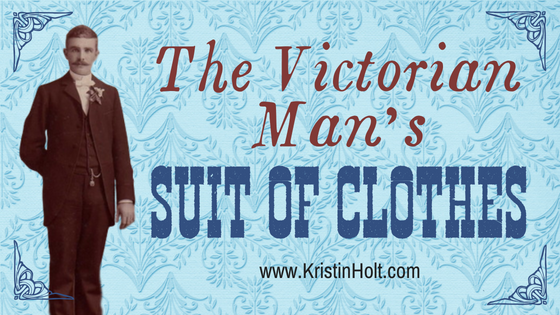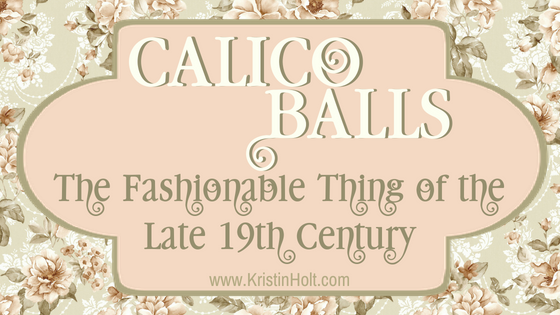
Victorian Coffee
We know coffee was an every-day commodity in the Victorian American West, but how much do you know about its availability, preparation methods, the era’s tried-and-true substitutions, and where it was purchased? Come see!

We know coffee was an every-day commodity in the Victorian American West, but how much do you know about its availability, preparation methods, the era’s tried-and-true substitutions, and where it was purchased? Come see!

A man’s proper suit of clothes was worn by gentlemen, bankers, clerks, professionals… virtually every man except those who labored manually (such as miners). Given men owned so few items of clothing, they certainly wore what they had, despite the demand. Levi Strauss developed the original “Levi’s 201’s” and “Levi’s 501’s”, built to last in the clothing-destroying mines. Compare and contrast the “suit of clothes” with Levi’s originals.

Beyond the obvious beneficiaries of the Calico Ball craze (mid- to late-nineteenth century United States)– the needy who received the once-worn dresses (or suits of clothes), who else benefited?
I suggest a short list of Hidden Beneficiaries. Who else can you identify?

One (unnamed) high-society New York City hostess started a fad that lasted fifty years…
The Calico Ball. Not only was the style of party highly fashionable, it also ensured help to those who needed it most.

Flour sifters are an important part of baking–today, and in the Victorian Era. Would you be surprised to learn the first flour sifter was patented by an American? See a timeline of Victorian-era advertisements for sifters and flour sieves, flour bins (canisters or extraordinary sizes) with built-in sieves, patents for early sifters and sieve holders, and a perspective of price. The advertising, alone, sheds light on why 19th century cooks were persuaded to purchase and use these devices.